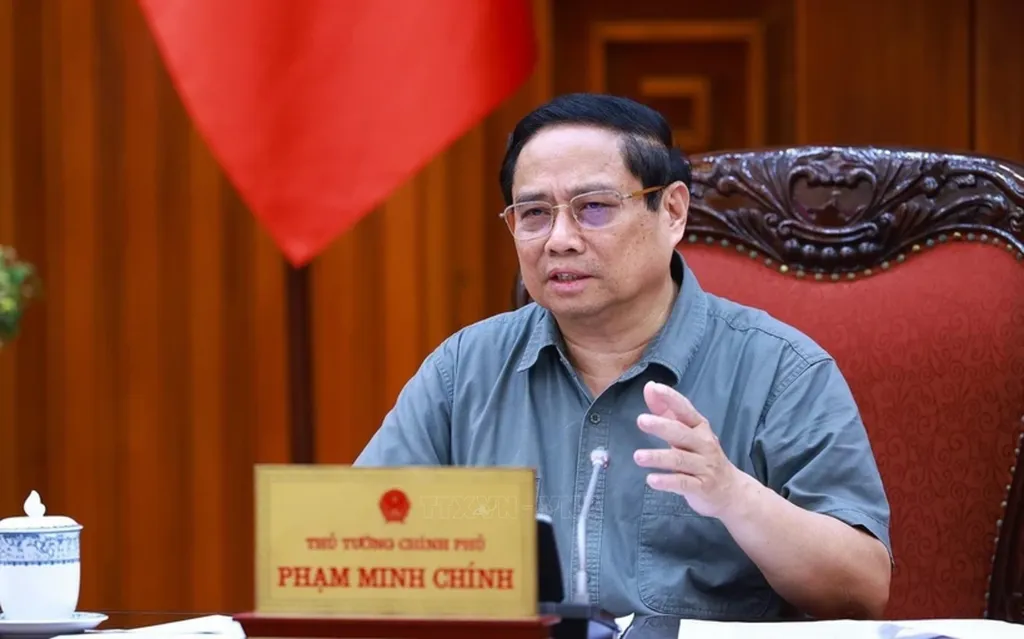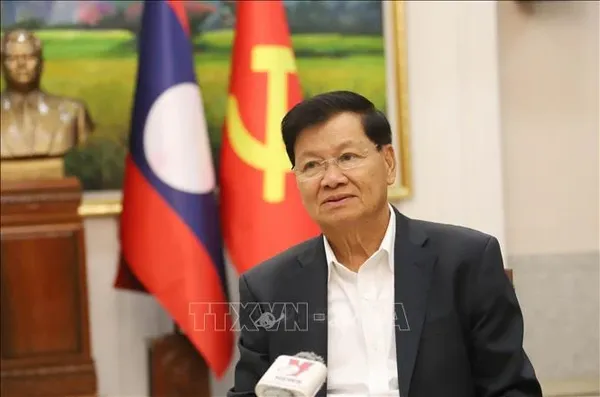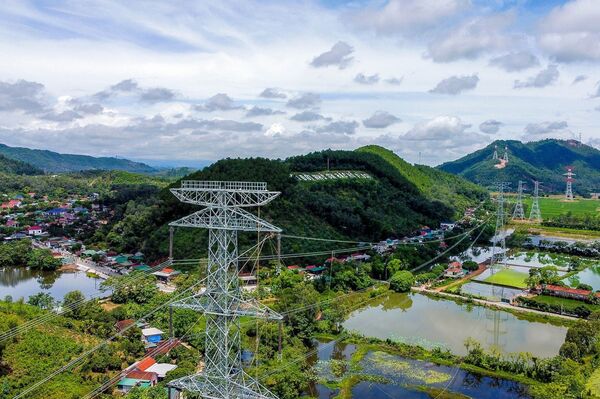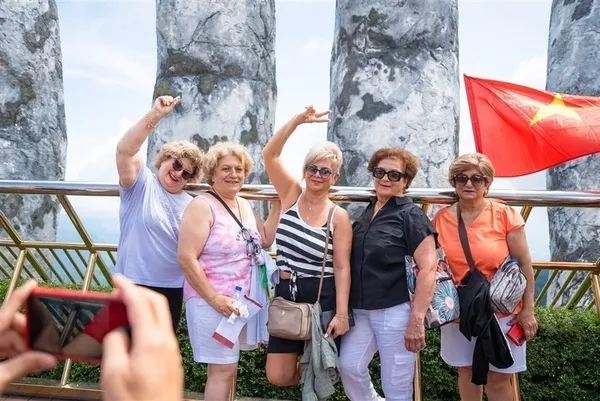 |
| Prime Minister Pham Minh Chinh chairs a meeting between permanent cabinet members and the standing board of the sub-committee for socio-economic affairs of the 14th National Party Congress on September 9. (Photo: VNA) |
Hanoi (VNA) – Prime Minister Pham Minh Chinh on September 9 chaired a meeting between permanent cabinet members and the standing board of the sub-committee for socio-economic affairs of the 14th National Party Congress, during which the participants gave opinions on a draft report evaluating the five-year implementation of the socio-economic development strategy for 2021-2030 and defining orientations and tasks for 2026-2030.
PM Chinh, also head of the sub-committee, required the report compilation board to make in-depth analysis of the socio-economic achievements that Vietnam has carved out while carrying out the strategy amidst formidable challenges, and complicated developments in the world. The analysis will be the basis to set suitable targets and solutions to removing bottlenecks as well as handling emerging issues.
Regarding orientations and tasks for the next five-year period, he suggested adding the directions of "maintaining stability for growth" and renew the development mindset in all fields, while some fields must take the lead, particularly the completion of the socialist-oriented market economy mechanisms, so as to join the world’s top 30-35 economies for the 2026-2030 period
The Government leader also noted that the report should propose mechanisms and policies to mobilise social resources, especially public-private cooperation, and direct and indirect foreign resources, for national development, and continue accelerating three strategic breakthroughs with the spotlights given to developing science-technology and innovation, particularly such emerging sectors as green, digital, circular and intellectual economies, and cultural industry.
He requested the addition of several tasks and important projects that could create breakthroughs in the nation’s socio-economic development, comprising those on high-quality human resources training for digital transformation, green transition, and circular and intellectual economies, development of the railway industry, climate change response in the Mekong Delta region, nuclear energy, seaports and airports, and digital infrastructure./.





